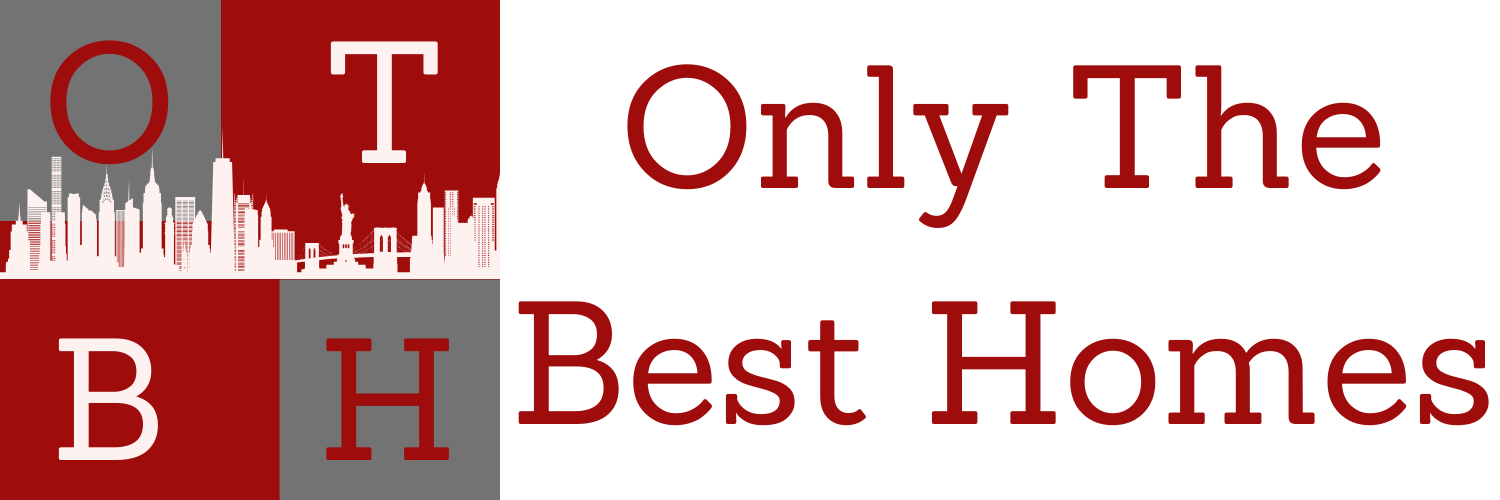What’s the difference between a condo and a co-op?
The easiest way to differentiate between condos and co-ops is in the type of ownership. A condo is “real property” – like a house – where you’re given an actual deed.
Residential real property in NYC can be any these:
- Single Family Home
- Multi Family Home (up to 4 family)
- Apartment
- Loft
- Townhome
Co-ops generally apply to residential real estate and for this conversation we'll stick to that topic.
 In a co-op, you’re basically buying shares in a corporation that owns the WHOLE building. It’s kind of like being an investor and buying stock in a company. These shares entitle you to a “proprietary lease.”
In a co-op, you’re basically buying shares in a corporation that owns the WHOLE building. It’s kind of like being an investor and buying stock in a company. These shares entitle you to a “proprietary lease.”
A proprietary lease, also referred to as an occupancy agreement, gives a shareholder in a housing cooperative the right to occupy a particular dwelling unit.
Overall, most people find it is far less complex to deal with condos, both in buying/selling and potentially renting.
Co-op boards have a stricter set of standards and usually require:
- Higher down-payments
- In-person interviews
- Limited sublet policies
- An application process that can fairly extensive.
On the other hand co-ops tend to be more stable investments. Co-op pricing is no affected by investors or the stock market as greatly as the Condo market. In addition Co-ops can often create a closer sense of community because of the shared interests. And even though most buyers today prefer condominiums, co-ops still account for nearly 75% of the housing inventory in Manhattan.


